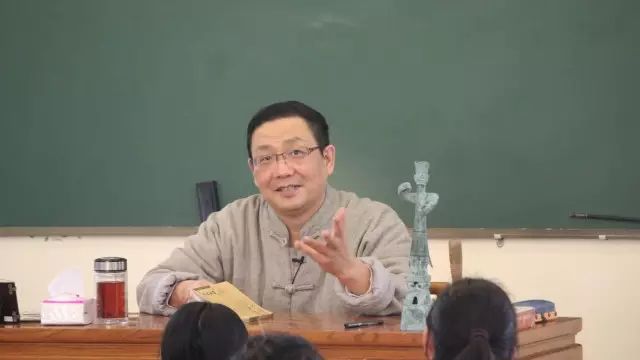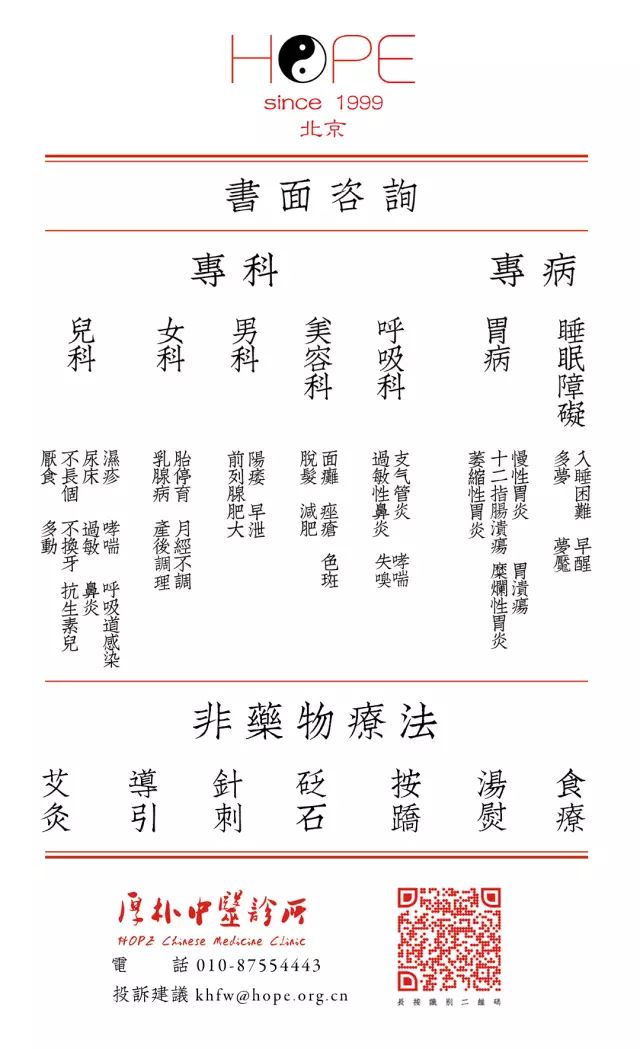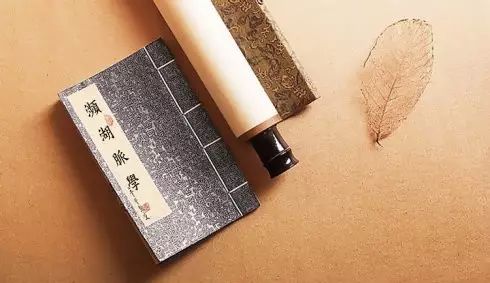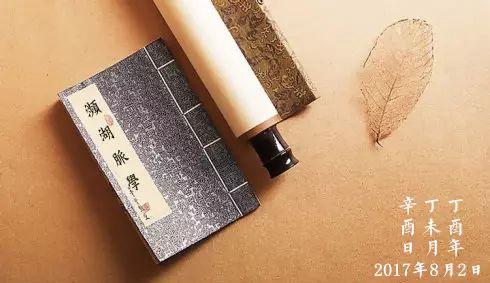

This was my second speech at the Daoist Health Preservation Conference at Yuchan Palace in Hainan during the spring of the Xinmao year. By the time the meeting was nearing its end, at the request of the elder Daoist Zhang Zhishun, I explained word by word the concepts of 浮脈 (fú mài, Floating Pulse) and 滑脈 (huá mài, Slippery Pulse) from Li Shizhen’s 《瀕湖脈學》 (Binhuh Pulse Studies). At that time, I was wearing a pair of cloth shoes, and due to the damp weather, my shoes and socks got wet, so I ended up speaking barefoot in slippers. The next day, I bought a pair of Daoist cloth shoes to change into; they were small but much warmer.
First, let’s discuss the 《瀕湖脈學》 (Binhuh Pulse Studies), which my master repeatedly emphasized. As I mentioned earlier, you must have energy in your hands; the standard for this is that your hands should be warm before you take the patient’s pulse. When taking the pulse, you need to be aware of your surroundings because when you pulse, you are opening your heart to the patient. If the patient has a lot of evil qi, it can enter you.
Therefore, when you take the pulse, sometimes you need to flick your fingers away from the patient. If you do not pull away, that energy will follow your hand. You need to have sensitivity and awareness to be a doctor; this is my personal experience.
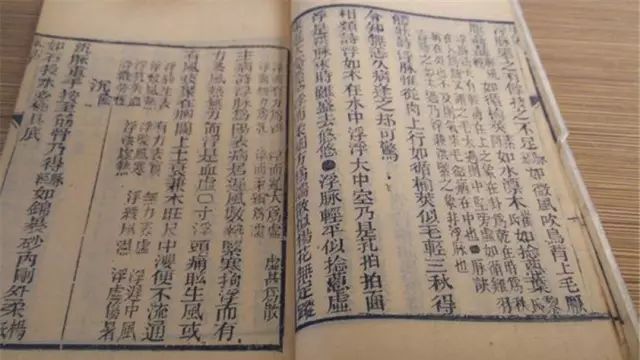
Let me give you an example of how Mr. Li Shizhen taught us to take the pulse. The simplest pulse is called 浮脈 (fú mài, Floating Pulse). His mnemonic is recited as follows: “Floating pulse only travels on the flesh, like following the elm seed, light as a feather. In autumn, if it is felt, all is well; if a long illness encounters it, one should be alarmed.” This is his description of the pulse. It seems simple, and everyone recognizes these words, but to truly understand and feel it requires someone experienced in pulse diagnosis to explain.
The 浮脈 (fú mài, Floating Pulse) is described as “only traveling on the flesh”. What does ‘flesh’ mean? Let’s look at the layers of our body: the outermost layer is hair, beneath that is skin, and what lies beneath the skin?
It is the 膚 (fū, dermis). Below the dermis is the 肉 (ròu, muscle), and beneath the muscle is the 脈 (mài, pulse), followed by the 筋 (jīn, tendons), and finally the 骨 (gǔ, bones), with marrow inside. We won’t go into that further. So when he says it travels “on the flesh”, he is referring to the sensation you feel when your hand lightly touches the pulse, which is above the middle layer. Therefore, when we take the pulse, we talk about the light touch and the slight pressure, as opposed to pressing down to the bone. The opposite of 浮脈 (fú mài, Floating Pulse) is 沉脈 (chén mài, Deep Pulse). An even more severe condition is called 伏脈 (fú mài, Hidden Pulse), which is the sensation you can only feel when you touch the bone. The first sensation of 浮脈 (fú mài, Floating Pulse) is that it is pulsating at the level of the flesh.
Everyone talks about muscle; what is the difference between 肌 (jī, muscle) and 肉 (ròu, flesh)? The Huangdi Neijing (Yellow Emperor’s Inner Canon) states that in ancient times, when people practiced cultivation, “breathing in essence and qi, guarding the spirit alone, the muscle and flesh were one.” If you do not understand the concepts of qi and spirit, you cannot comprehend the difference between 肌 (jī) and 肉 (ròu) from a purely materialistic perspective. However, Daoism emphasizes qi, meaning that muscle and flesh are the same tissue, but when it is tense and exerting force, it is called muscle, while when it relaxes, it is called flesh. The distinction lies in whether it has qi or not.

Why is it said that “muscle and flesh are one”? It can tense and exert force when needed, and it can relax and become soft. We often say about a person, “you are very fleshy,” meaning they are not exerting themselves. In contrast, when a person is ill, it is either due to a lack of qi, resulting in a state of being a puddle of flesh, or due to excessive exercise, remaining tense and not relaxing, which turns the muscle into dead flesh. Such people may boast about their bodybuilding, but they have turned living flesh into dead flesh. Moreover, I tell you, bodybuilders are often weak and susceptible to illness; a slight cold can easily lead to infection, indicating that their qi is also stagnant, turning flesh into dead flesh.
Thus, 浮脈 (fú mài, Floating Pulse) travels at the level of the flesh. Although many have not experienced famine, some may have eaten 榆錢 (yú qián, elm seeds). What is the sensation of 榆錢 (yú qián)? It is thick in the middle and thin on the sides, feeling very elastic but thin. When you touch it, 浮脈 (fú mài, Floating Pulse) feels like the feathers on a bird, very light. What does it mean to be very light? It means that with a slight pressure, it disappears; that is the sensation.

What does this pulse indicate? It is said that if you feel 浮脈 (fú mài, Floating Pulse) in spring, summer, or autumn, it is not a big deal, just a cold. Why not in winter? In winter, the qi of a person is inward, and it will not be felt unless you engage in winter swimming or excessive exercise, which is abnormal. If you feel 浮脈 (fú mài, Floating Pulse) in autumn, it is normal; secondly, it may indicate an external pathogen. Therefore, feeling 浮脈 (fú mài, Floating Pulse) is not a major concern.
However, if a long-term ill person, regardless of age, has a 浮脈 (fú mài, Floating Pulse), this is a reverse symptom; the yang qi is leaving, and the person is in danger. What is a reverse symptom? A long-term illness typically presents with a weak pulse, either 沉脈 (chén mài, Deep Pulse) or 伏脈 (fú mài, Hidden Pulse), which are considered normal symptoms. If a long-term illness results in a 浮脈 (fú mài, Floating Pulse), you need to be cautious and clarify your relationship with the patient; otherwise, the patient may very well die in your care. As a doctor, you should be able to assess the prognosis. This is the first poem about 浮脈 (fú mài, Floating Pulse). Everyone should learn it slowly and memorize it; memorizing is the best way to communicate with the ancients. If you do not understand, first store it in your mind.
未
完
待
续
Xu Wenbing
February 2012

Click the image to learn TCM with Teacher Xu
